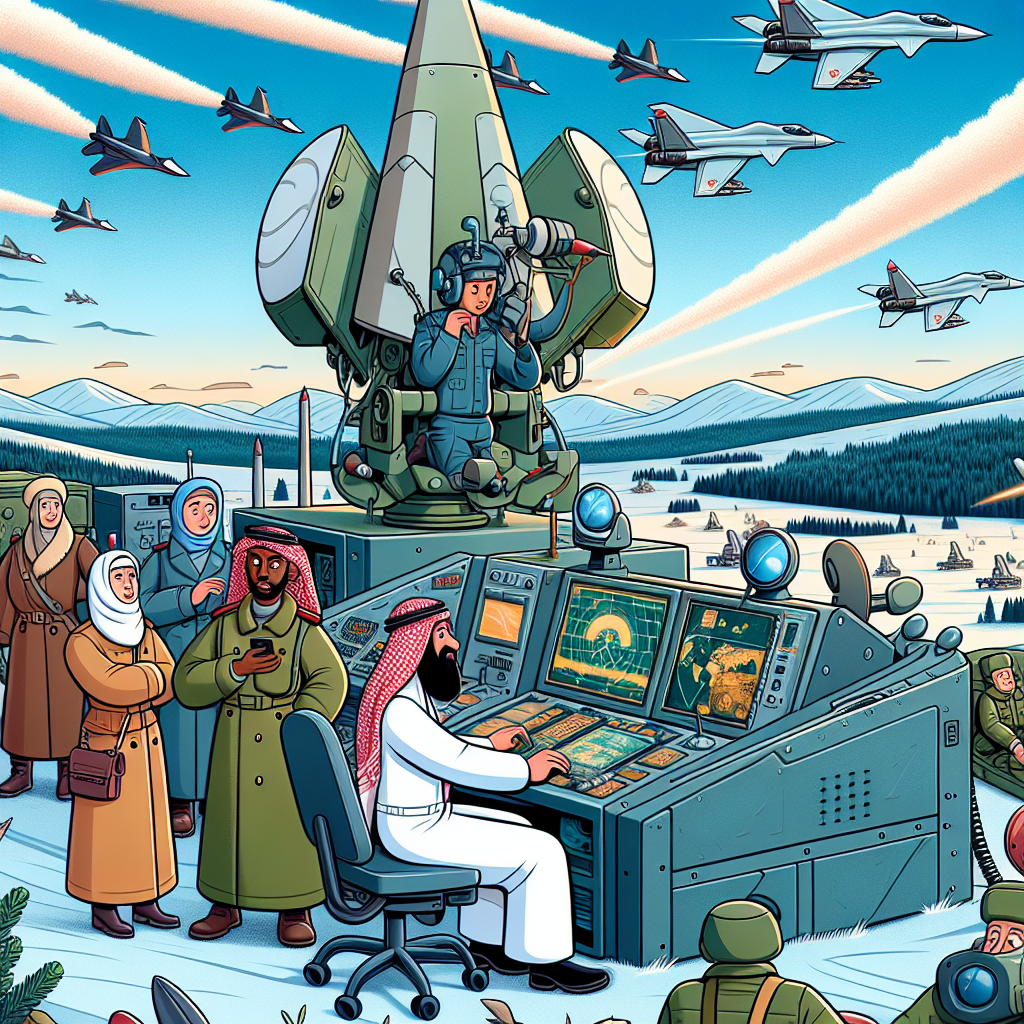Russia's Economic Adaptation amidst Western Sanctions
Despite Western sanctions, Russia aims to integrate into the global economy with willing partners. Central bank Governor Elvira Nabiullina, at Russia's annual economic forum, emphasized the need for a self-sufficient system of settlements and technological advancements. Foreign investment in Russia has significantly declined, with the country focusing on financial sovereignty and military modernization.

Despite Western sanctions, Russia must be integrated in the global economy with countries that are prepared to work with it, central bank Governor Elvira Nabiullina said at Russia's flagship annual economic forum in St Petersburg on Thursday. The event once drew top Western bankers and company executives, but the main foreign participants now are from countries still friendly to Russia. The presidents of Bolivia and Zimbabwe are due to appear alongside Russian President Vladimir Putin at Friday's plenary session.
Western sanctions since Moscow sent troops into Ukraine in February 2022 have deprived Russia of access to the global financial system. Moscow is particularly feeling the effects in terms of international settlements as it tries to launch new trading routes. "Despite sanctions, we must be integrated in the global economy with those who are ready for it," Nabiullina told a panel discussion.
"What does this mean? A working, independent system of settlements and payments, but not only that. It means the interconnectedness of our deposit systems, the mutual recognition of ratings, audit reports, insurance policies." Nabiullina said Russia needed to lead on technological development in the financial sphere but that this would be difficult when Russia cannot rely on other countries' solutions.
Finance Minister Anton Siluanov spoke of ensuring Russia's financial sovereignty. Economy Minister Maxim Reshetnikov named investment support, the development of sovereign technology and resolving Russia's labour market woes as the three main tasks. Foreign investment in Russia has dropped by around 40% to $696 billion, according to central bank data. A chunk of that comes from Russian firms incorporated in Cyprus and the Netherlands.
Maxim Oreshkin, deputy head of the presidential administration, highlighted the importance of the armed forces. "The key task for the next six years is modernising our armed forces," Oreshkin said. "There is no successful economy without a successful army."
(This story has not been edited by Devdiscourse staff and is auto-generated from a syndicated feed.)
ALSO READ
Adani's Rs 65,000 Crore Investment Boom in Chhattisgarh
Industrialist Gautam Adani announces Rs 65,000 crore investment in his group's energy and cement projects in Chhattisgarh: Officials.
Transforming Waterways: India's Strategic Investment Surge
Bollywood Stars Shine Bright in OYO's Investment Portfolio
Uttarakhand: The Emerging Investment Hub










